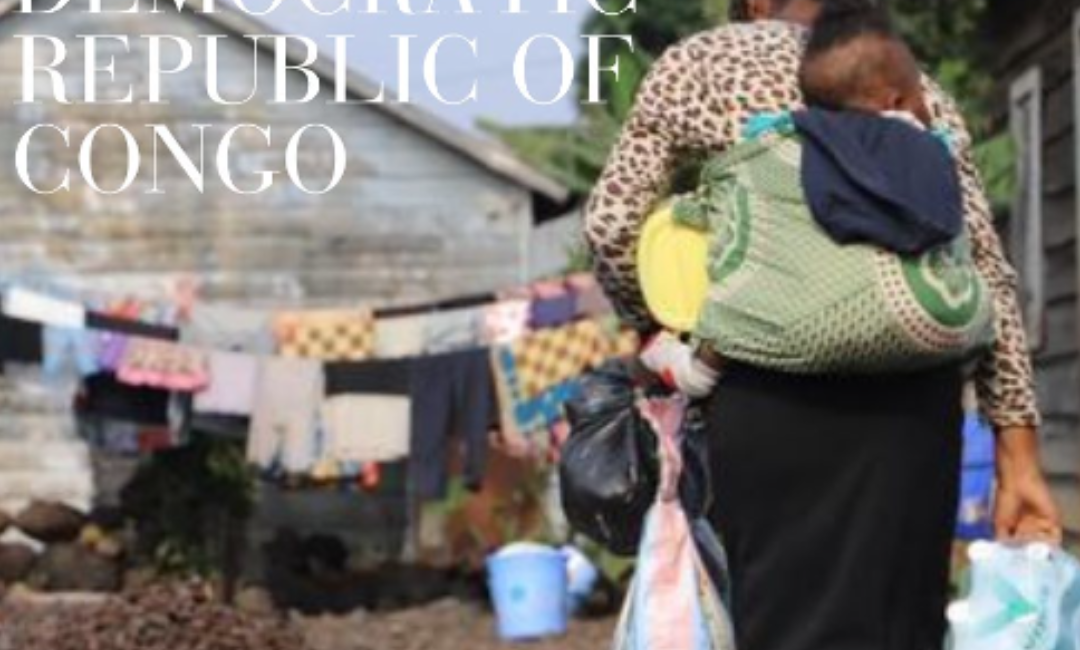The Democratic Republic of Congo (DRC) is a land of staggering potential. Lush rainforests teem with life, vast plains hold fertile soil, and beneath the earth lies a treasure trove of minerals vital to the technological age. However, this very wealth casts a long shadow. The DRC has become a battleground, its people caught in the crossfire between ruthless exploitation and bloody conflict fueled by the insatiable global demand for these precious resources.
Coltan, cobalt, and gold – names synonymous with progress and innovation – are unearthed from the Congolese soil. These minerals power our smartphones, laptops, and countless other devices. Yet, the path these minerals take from mine to market is often stained with human suffering. The story behind the sleek gadgets in our pockets is a story of forced labor, environmental devastation, and a seemingly endless cycle of violence.
This article delves into the dark side of the DRC’s mineral wealth, exploring the human cost of our technological dependence. We’ll examine the exploitative practices that plague the mining industry, the devastating impact of armed conflict on the Congolese people, and the potential pathways towards a more ethical and sustainable future.
A Vicious Cycle: Exploitation in the Congolese Mining Industry
The extraction of minerals in the DRC is often a brutal affair. Far from the sterile laboratories and high-tech factories that utilize these resources, the reality on the ground is one of backbreaking labor, unsafe conditions, and rampant human rights abuses. Children as young as five are forced to work long hours in mines, exposed to dust, hazardous materials, and the constant threat of tunnel collapses. Adults fare little better, toiling for meager wages with minimal safety equipment.
This exploitation extends beyond the mine shafts. Armed groups and corrupt officials often control vast swathes of mining territory, profiting from the illegal extraction and trade of minerals. The lack of regulation creates a breeding ground for violence, intimidation, and environmental despoliation. Forests are cleared to make way for mining operations, while rivers become polluted with toxic runoff. The human cost and environmental damage are a heavy price to pay for our insatiable demand for these essential minerals.
A Nation Divided: The Devastating Impact of Conflict
The fight for control of the DRC’s mineral wealth has fueled decades of brutal conflict. Warlords and rebel groups vie for dominance, exploiting ethnic tensions and manipulating local populations for their own gain. The eastern DRC has become a particularly volatile region, with civilians bearing the brunt of the violence. Millions have been displaced from their homes, forced to flee the fighting and seek refuge in overcrowded camps. The resulting humanitarian crisis is staggering, with food insecurity, disease outbreaks, and a lack of basic necessities plaguing the displaced population. The conflict stunts economic development, traps the DRC in a cycle of poverty, and hinders any efforts to build a lasting peace.
Breaking the Chains: Hope for a More Ethical Future
While the situation in the DRC appears bleak, there is still hope for a more ethical and sustainable future. Consumers can play a crucial role by demanding greater transparency from manufacturers and choosing products that prioritize ethical sourcing of minerals. Certification schemes and initiatives that promote conflict-free minerals are gaining traction, offering a pathway towards responsible sourcing practices. International pressure on governments and corporations to enforce stricter regulations and hold violators accountable is also essential.
The DRC possesses the potential to be a beacon of prosperity, harnessing its resources to uplift its people and contribute to global development. By holding all stakeholders accountable – from consumers to corporations to governments – we can break the cycle of exploitation and conflict.
In conclusion, the story of the DRC is a stark reminder that progress often comes at a cost. The minerals that power our modern world are fueling a devastating human tragedy. However, by raising awareness, demanding transparency, and supporting ethical sourcing practices, we can create a future where technology truly benefits all, not just at the expense of the most vulnerable.


Adorei muito bom